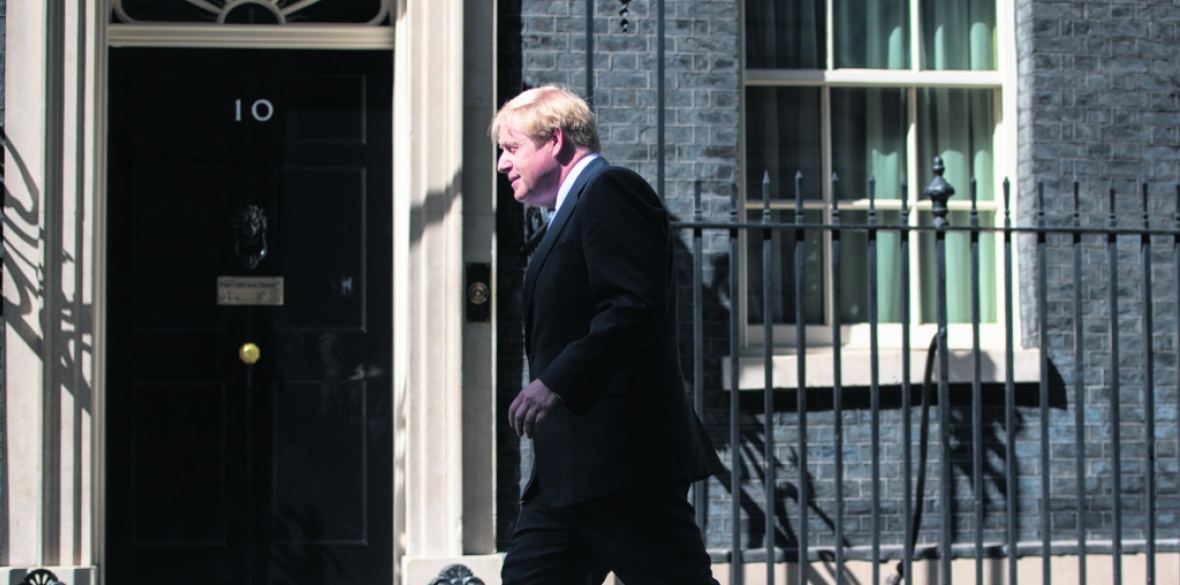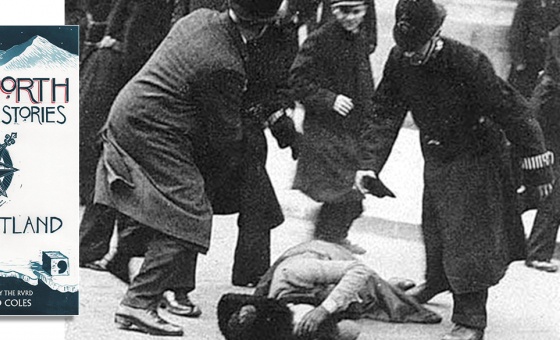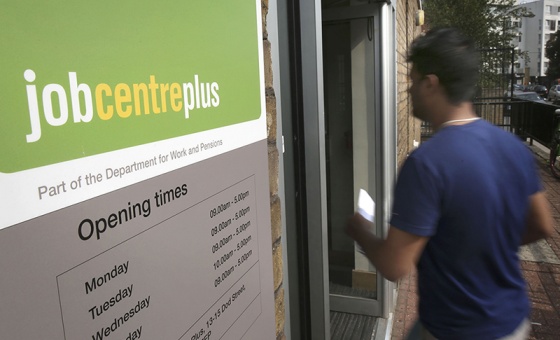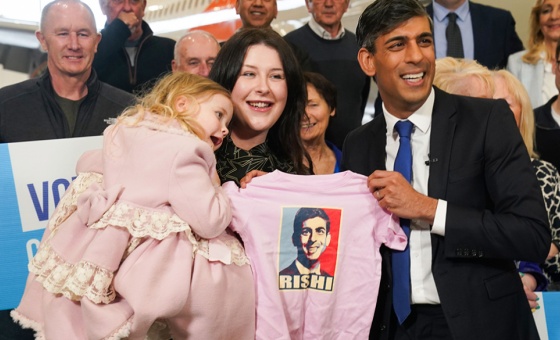This is the last article you can read this month
You can read more article this month
You can read more articles this month
Sorry your limit is up for this month
Reset on:
Please help support the Morning Star by subscribing here
THE coronation of hard-right Tory Boris Johnson as party leader and hence prime minister will no doubt be hailed as a great victory by the Murdoch press and the Mail.
Elements of the Corbynphobic Labour right won’t lose too much sleep either perhaps, reckoning that of the no-hopers and losers the Tories have available Johnson has the best chance, even if a small one, of beating Labour in a general election.
Yet the reality suggests a sharply different story for the Tories and privately many of them know it.
Former leader William Hague changed the rules for Tory leadership elections in 1998 to provide for a members’ vote between two contenders determined by MPs.
So far there have been two elections. Iain Duncan Smith won in 2001 with 155,993 votes (60.7 per cent) against Kenneth Clarke, who received 100,864 (39.3 per cent).
In 2005 David Cameron got 134,446 votes (67.6 per cent) and David Davis received 64,398 votes (32.4 per cent).
Neither Michael Howard nor Theresa May required a membership vote as they ended up as the only candidate.
We can see a distinct trend from 250,000 votes in 2001 to just under 200,000 in 2005.
In 2019 a total of 138,809 Tories voted, which is apparently 87.2 per cent of the membership. In less than 20 years the number of Tories voting in a leadership election has declined by well over 100,000.
The declining Tory membership contrasts very strongly with a resurgent Labour Party, not that anyone glancing at the mainstream media would know it.
When Jeremy Corbyn was elected by Labour members for a second time in 2016 as leader, he received 313,209 votes, with over 500,000 cast in total.
Of course a good number of Tory members from 2001 and 2005, particularly given the average age of Tory members (the most optimistic estimate is late fifties, most suspect its rather older) may simply have passed away in old age rather than left.
However Ukip certainly did pick up some Tory members (the Brexit Party doesn’t have members). The key point is that this trend affects all organisations but the Tories have been unable to recruit replacements and certainly younger members.
Behind this lies the increasingly important issue of what the Tory Party stands for and who it represents.
Of course we can see that it stands for accepting Islamophobia, racism, sexist discrimination and much else. But more specifically people like Boris Johnson and Jacob Rees Mogg hark back to an imperial past while themselves having personal and business links with sections of capital that are far removed from such a past.
We are some way down the road from the 1960s debate between Perry Anderson and EP Thompson about the nature of the modern British state and its political character.
As Labour has long recognised, the functions of the state continue to operate whichever political party is in office. This increasingly now applies to business, often internationally based, and not overly concerned to support the Tory Party.
Right-wing ideas and the power of capital in British society are not about to disappear unfortunately, but the role of the Tory Party in being their political representative appears to be drawing to a close.
The most distinctive and important thing about a Boris Johnson premiership may simply be that it is the last time a Tory enters No 10 Downing Street.












